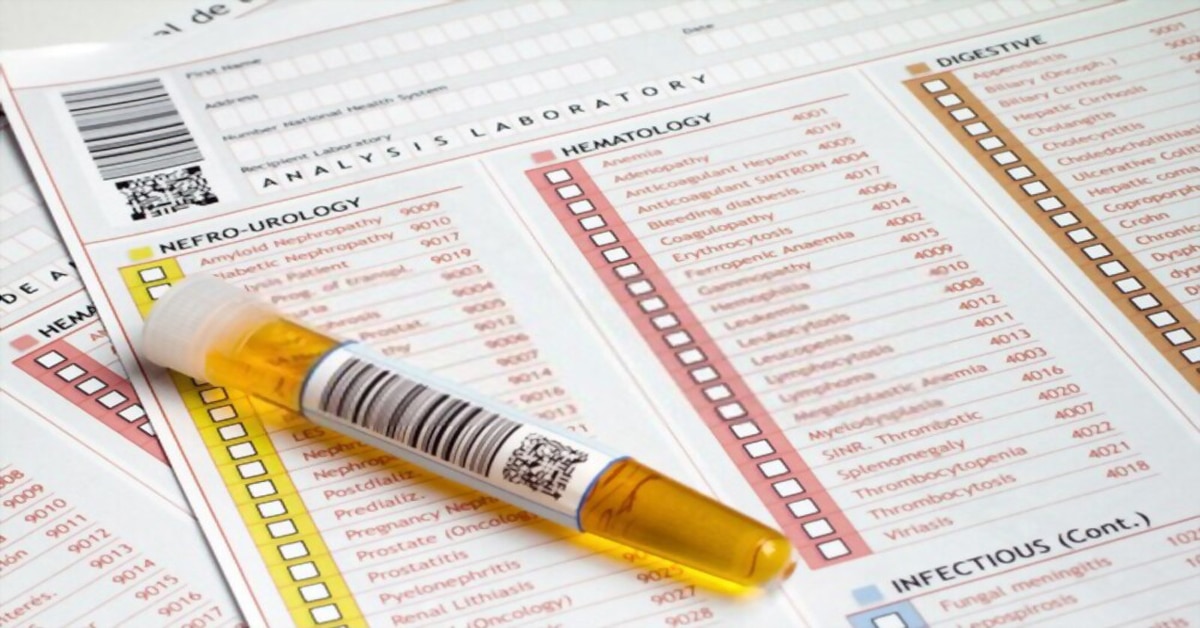The documents released earlier this month offer details on 42 eCQMs for telehealth services during the 2020 performance period and 39 eCQMs for telehealth services during the 2021 performance period. The Centers for Medicare & Medicaid Services has released additional details on telehealth reimbursement through quality reporting programs for the 2020 and 2021 performance […]
During the Coronavirus pandemic, the Centers for Medicare and Medicaid Services (CMS) has taken unprecedented action to expand telehealth for Medicare beneficiaries. Since people were advised to stay at home to reduce risk of exposure of COVID-19, there was an urgency to increase access to telehealth services to help people who need routine care and […]
Contactless payments were on the rise even before COVID-19 hit. But now, health systems should see them as essential. Consumers are increasingly wary of touching a credit card terminal that others have used, a perfect conduit for spreading germs. For consumers, text payments serve as a convenient contactless way to pay, but there are other unique benefits […]
Heading into 2020, adoption of telehealth services was already on the rise. Then the health crisis hit. Now it appears that COVID-19 has not only cemented telehealth’s place in the healthcare landscape but done so in a very big way. McKinsey & Co. is projecting that virtual visits could potentially account for $250 billion, or 20%, of […]
Payers are reimbursing providers for all COVID-19-related testing and treatment they are furnishing to their insured members, but what if the patient is uninsured? Healthcare providers need not write off COVID-19 testing and treatment services rendered to uninsured patients. Compensation is available! The public health emergency for COVID-19 requires the healthcare industry to focus their […]
As is painfully obvious to even the most casual of observers, the COVID-19 public health emergency has been disruptive to all industries. And, the healthcare industry has been at the epicenter of this disruption. Nonetheless, not all disruption is negative. One bright spot for many healthcare practitioners during this public health crisis has been the […]
There are a slew of changes and only a few months before you will need to start using the new codes. The Centers for Medicare & Medicaid Services (CMS) released on July 1 the ICD-10-CM code descriptions, tables and index, and addendum for fiscal year 2021. There are 490 additions, 58 deletions, and 47 revisions — increasing […]
The utilization of telehealth services has increased significantly over the past few years, as those in the healthcare industry have started to realize the benefits it offers. Telemedicine allows organizations to maximize existing service lines; add new specialties without the associated costs and hassle of hiring full-time, in-house clinicians; and increase patient satisfaction. It also provides better […]
Just when you thought you had all the COVID-19 coding for laboratory testing figured out — hold the phone — there are three new CPT® codes. These newest codes are effective June 25, 2020. CPT® Code Long Descriptor 0223U Infectious disease (bacterial or viral respiratory tract infection), pathogen-specific nucleic acid (DNA or RNA), 22 targets […]
The Centers for Medicare & Medicaid Services (CMS) has provided some guidance within the “Medicare and Medicaid Programs Policy and Regulatory Revisions in Response to the COVID-19 Public Health Emergency” interim final rule (IFR), allowing for remote patient monitoring, or RPM. This type of patient care is very helpful for ongoing treatment during the COVID-19 […]










